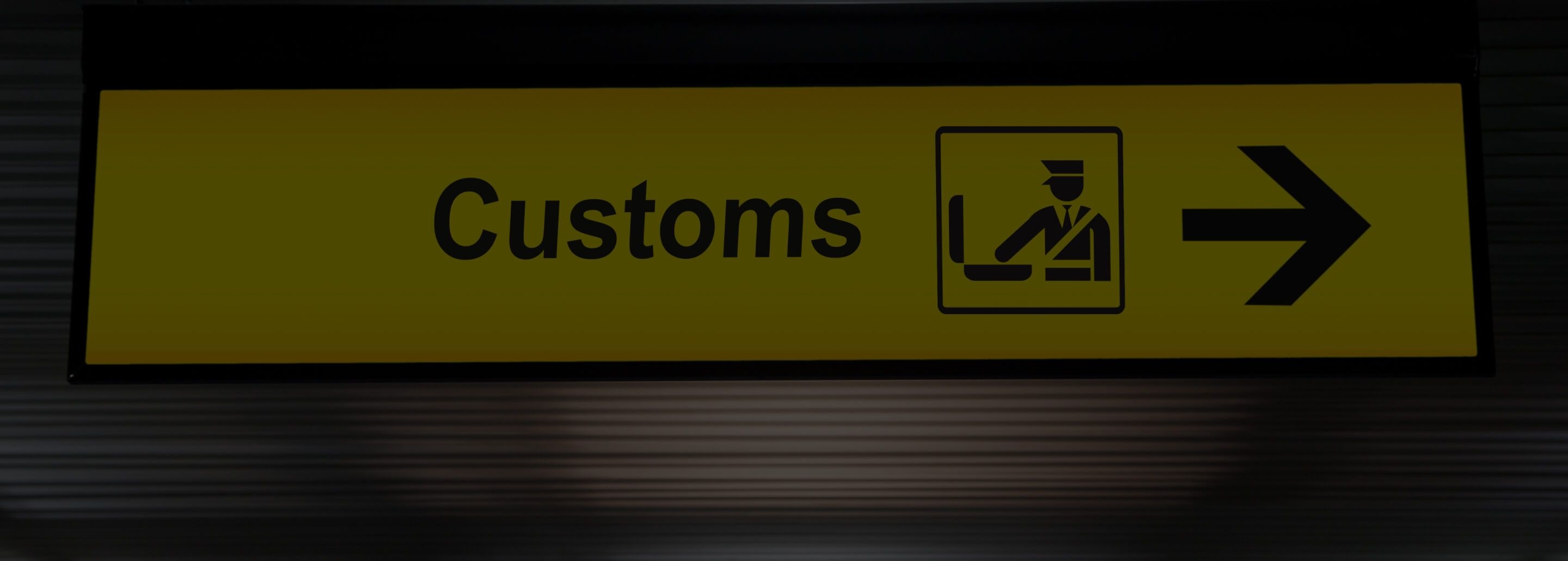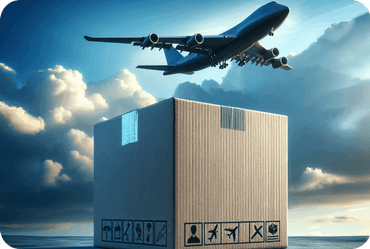
How to Navigate Customs Fees and Duties as a Personal Shopper
How to Navigate Customs Fees and Duties as a Personal Shopper
Shopping abroad provides access to special goods, better prices, and first-hand offers. For personal buyers managing cross-border transactions, however, customs taxes and levies can be a huge issue. Knowing how these charges operate and how to properly manage them can assist to lower expenses and prevent unanticipated delays.
1. Understanding Customs Fees and Duties
Customs duties and import taxes are charges imposed by governments on goods entering a country. These fees vary based on factors such as product type, value, and trade agreements. The two main types of charges are:
a. Import Duties
Duties are calculated as a percentage of the product’s value and differ depending on the category of goods. Some items, such as luxury goods and electronics, may have higher duty rates than others.
b. Value-Added Tax (VAT) or Goods and Services Tax (GST)
Many countries impose VAT or GST on imported goods, typically calculated as a percentage of the declared value, including shipping costs.
c. Handling and Brokerage Fees
Carriers like DHL, FedEx, and UPS may charge a brokerage fee for processing customs clearance, which can add to overall costs.
2. How to Determine Customs Fees in Advance
a. Use Online Duty Calculators
Many countries provide online tools to estimate customs duties and taxes. Websites like DutyCalculator, SimplyDuty, and government customs portals can help estimate costs before purchasing.
b. Check Country-Specific Thresholds
Each country has a duty-free threshold, meaning packages below a certain value may be exempt from duties or taxes. For example:
- U.S.: Duty-free under $800
- EU: VAT applies on all imports, duties on goods over €150
- Australia: Duty-free under AUD 1,000
c. Understand Tariff Codes (HS Codes)
Customs classify goods using Harmonized System (HS) codes, which determine applicable duty rates. Checking the correct HS code can prevent overcharges.
3. How to Reduce Customs Costs as a Personal Shopper
a. Consolidate Shipments
Using package forwarding services or consolidating multiple small orders into one shipment can reduce per-item customs processing fees.
b. Choose the Right Shipping Method
Some shipping methods include prepaid duties (DDP – Delivered Duty Paid), which ensures there are no surprise charges upon delivery.
c. Be Accurate with Declared Values
Under-declaring value to avoid duties is illegal and can result in fines or package seizure. Instead, check if certain gift shipments qualify for lower duties in specific countries.
d. Research Duty-Free or Low-Tariff Categories
Some product categories have lower or zero import duties due to trade agreements. For instance, books are often duty-free in many countries.
4. Handling Customs Clearance Efficiently
a. Keep All Purchase Invoices
Customs may request proof of purchase to verify the declared value. Having invoices readily available can speed up clearance.
b. Respond to Customs Requests Promptly
If customs holds a package, they may request additional documentation. Quick responses prevent delays and storage fees.
c. Work with a Customs Broker for High-Value Purchases
For expensive or bulk orders, a customs broker can help handle complex regulations and ensure compliance.
Conclusion
As a personal shopper navigating customs fees and charges calls for understanding of import laws and strategy. Researching duty rates, grouping shipments, selecting the appropriate shipping method, and getting ready with paperwork will help you to save expenses and prevent unanticipated costs.
- 1. Understanding Customs Fees and Dutiesa. Import Dutiesb. Value-Added Tax (VAT) or Goods and Services Tax (GST)c. Handling and Brokerage Fees
- 2. How to Determine Customs Fees in Advancea. Use Online Duty Calculatorsb. Check Country-Specific Thresholdsc. Understand Tariff Codes (HS Codes)
- 3. How to Reduce Customs Costs as a Personal Shoppera. Consolidate Shipmentsb. Choose the Right Shipping Methodc. Be Accurate with Declared Valuesd. Research Duty-Free or Low-Tariff Categories
- 4. Handling Customs Clearance Efficientlya. Keep All Purchase Invoicesb. Respond to Customs Requests Promptlyc. Work with a Customs Broker for High-Value Purchases
- 5. Conclusion
Related Articles

Best Parcel Forwarding Strategies for Personal Shoppers

Cost-Effective International Shipping Methods for Buyers
